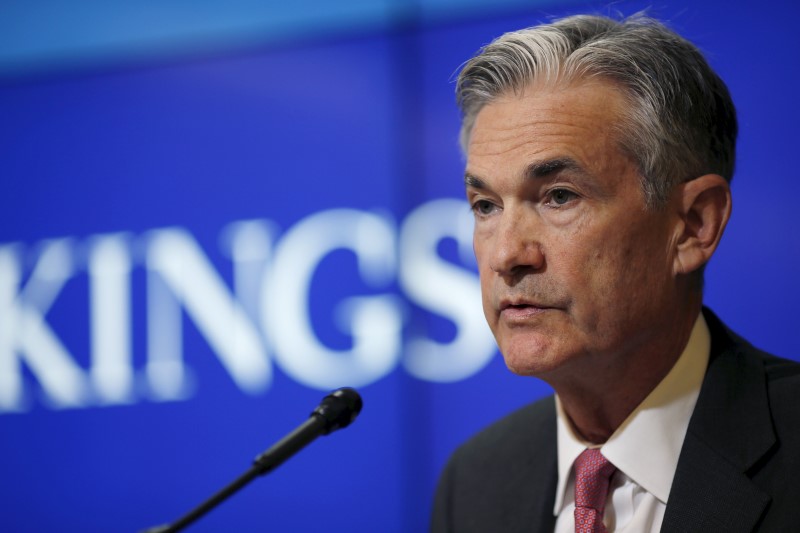(Bloomberg) -- Jerome Powell, President Donald Trump’s pick to lead the U.S. Federal Reserve, pledged to pursue the central bank’s goals of stable prices and maximum employment while keeping a watchful eye on financial sector risks.
“Inside the Federal Reserve, we understand that monetary policy decisions matter for American families and communities,” Powell said Thursday during a ceremony in the White House Rose Garden with Trump. “I strongly share that sense of mission and am committed to making decisions with objectivity, based on available evidence and in the longstanding tradition of monetary policy independence.”
Read more: Trump is nominating Jerome Powell to lead Fed
His nomination to take over from Janet Yellen, whose term as Fed chair expires Feb. 3, is subject to Senate confirmation. He said the economy has made substantial progress since the financial crisis.
“By many measures we’re close to full employment and inflation has gradually moved up towards our target,” he said.
A Fed governor since 2012, Powell, 64, is seen by many as the candidate for continuity at the world’s most important central bank. He’s supported Yellen’s policy of only gradually raising interest rates in the face of robust jobs growth, and has supported only modest adjustments to the raft of banking regulation implemented in the wake of the 2008-09 financial crisis.
Powell and Trump each made a point of saluting Yellen, who inherited a fragile post-crisis economy in 2014 and guided it carefully through four years of steady, if unspectacular growth.
“We are grateful for her total commitment to public service,” Trump said.
Under Yellen’s watch, the U.S. economy added about 9 million jobs as it recovered from the Great Recession, lowering unemployment to 4.2 percent from 6.6 percent, while inflation averaged 1.1 percent.
The ceremony took place just as House Republicans at the other end of Pennsylvania Avenue began unveiling plans for major changes to the U.S. tax laws, a package that will present Powell with his first policy test.
Economists will likely be divided over how the Fed should respond to the tax plan. Much will rest on whether Powell believes the package can lift non-inflationary growth by encouraging businesses to invest more in their operations. In that case, he may argue for no reaction in monetary policy.
If, however, he decides the plan will do little more than spur consumption in the short run, while adding to price pressures and the risk of asset bubbles, Powell may favor raising interest rates in response, on top of any hikes he feels are appropriate amid a tightening labor market.
